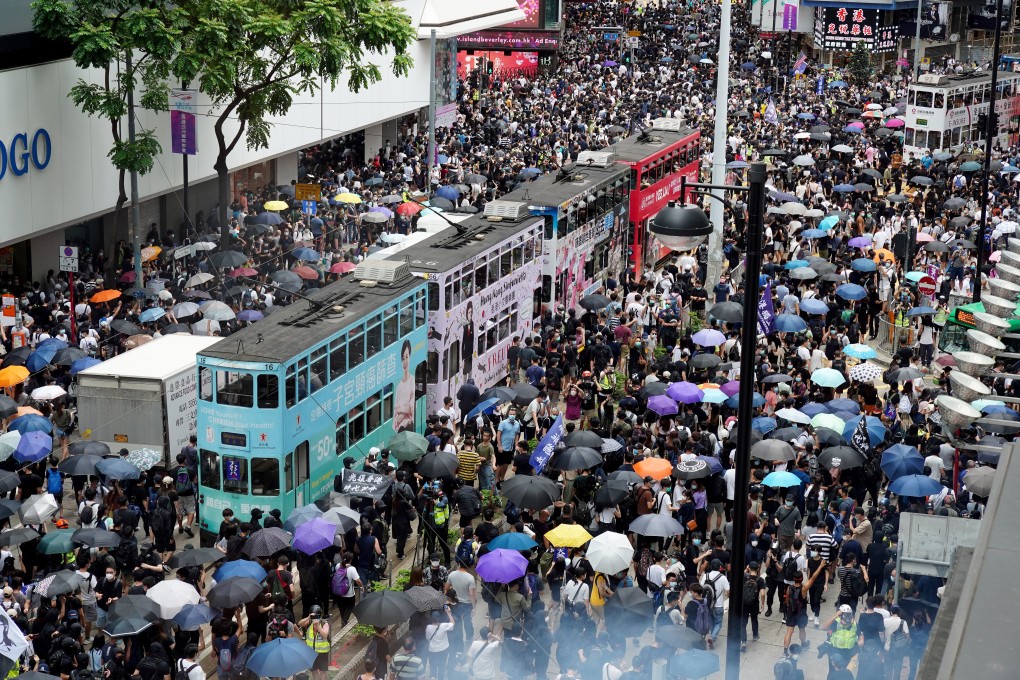Beijing ramps up efforts to allay concerns over national security law for Hong Kong while city’s pro-establishment camp also jumps into action
- In a rare move, video is released of Vice-Premier Han Zheng meeting local deputies to the National People’s Congress to explain proposed legislation
- Local legal scholars believe there is little chance Hongkongers will have meaningful input into controversial draft legislation

In a rare move, the cabinet-level office that oversees Hong Kong affairs on Monday released a video of Vice-Premier Han Zheng meeting local deputies to the National People’s Congress (NPC) to explain the law the previous day. In the past, such conversations were usually only leaked to the press afterwards by some of those who attended.
The video was published on a new website and Facebook page of the “Two Sessions 2020 Hong Kong Press Secretary” covering China’s ongoing parliamentary meetings in Beijing.
In another unprecedented arrangement, the Hong Kong delegates coordinated among themselves and sent the media a list of representatives who were available to be interviewed to address worries over the bill.

04:52
Tear gas fired as thousands protest Beijing’s planned national security law for Hong Kong